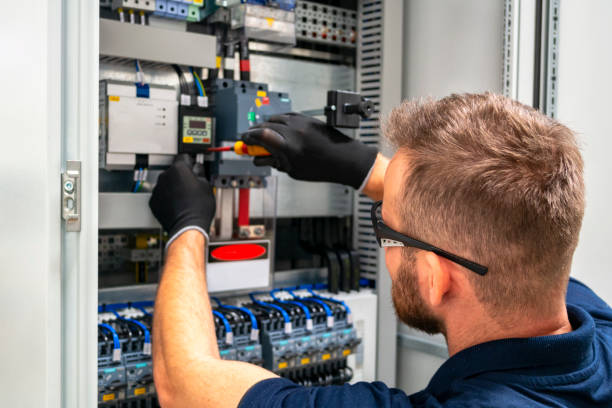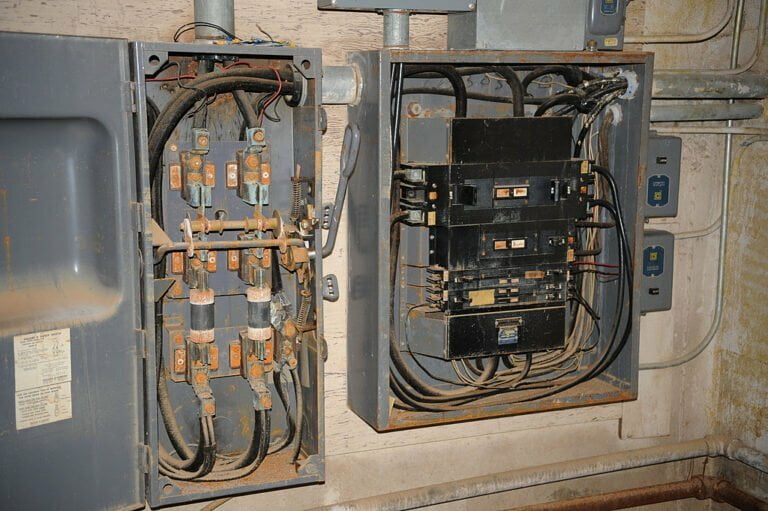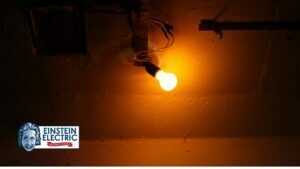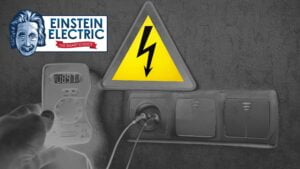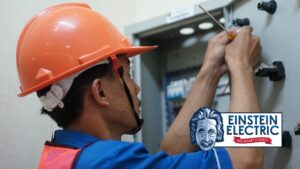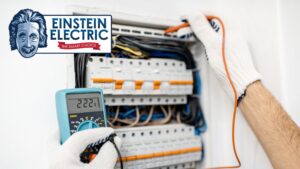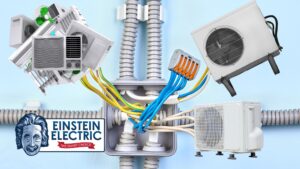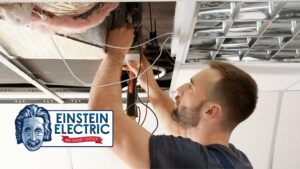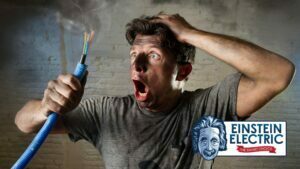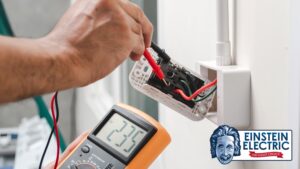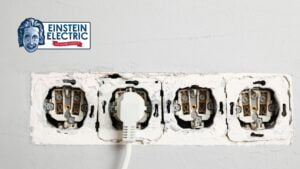Water and electricity are a dangerous combination, and water damage can pose significant risks to electrical wiring in a home or business. It’s essential to understand the dangers of water damage and electrical wiring to protect your property and prevent accidents.
Water damage can cause electrical shorts, which can lead to fires, electrocution, and other hazards. The damage can come from flooding, storms, leaks, or other sources, and the extent of the damage can vary widely depending on the amount of water and the duration of exposure.
When electrical wiring is exposed to water, it can cause short circuits and damage to electrical components, leading to power outages, electrical fires, and other safety hazards. Water can corrode wiring and electrical components, leading to breakdowns and failures. Additionally, water can create electrical pathways where they should not exist, increasing the risk of electrocution.
To prevent water damage from affecting electrical wiring, it’s essential to take appropriate precautions. Here are some tips to help you protect your property and stay safe:
- Turn off the power supply: If you suspect that water has damaged your electrical wiring, turn off the power supply at the main breaker immediately. This will help prevent electrocution and further damage to your electrical system.
- Inspect the electrical system: If you’re not sure if water has damaged your electrical system, inspect it carefully for signs of damage, such as frayed wires, corroded components, or discoloration. If you notice any signs of damage, call a licensed electrician to inspect and repair your system.
- Dry out the area: If you have water damage in your home or business, it’s essential to dry out the area as soon as possible. Use fans and dehumidifiers to remove moisture from the air, and use towels and other materials to soak up any standing water.
- Install GFCI outlets: Ground fault circuit interrupter (GFCI) outlets are designed to shut off the power supply when they detect a fault in the electrical system. Installing GFCI outlets in areas where water is present, such as bathrooms, kitchens, and laundry rooms, can help prevent electrocution and other hazards.
- Have a licensed electrician inspect your electrical system regularly: Regular inspections by a licensed electrician can help identify potential hazards before they become major issues. A professional inspection can also ensure that your electrical system is up to code and operating safely.
In summary, water damage can pose significant risks to electrical wiring, and it’s essential to take appropriate precautions to protect your property and stay safe. If you suspect that water has damaged your electrical system, turn off the power supply immediately, inspect your system for damage, and call a licensed electrician to inspect and repair your system. By following these tips, you can help prevent accidents and protect your property from water damage and electrical hazards.

